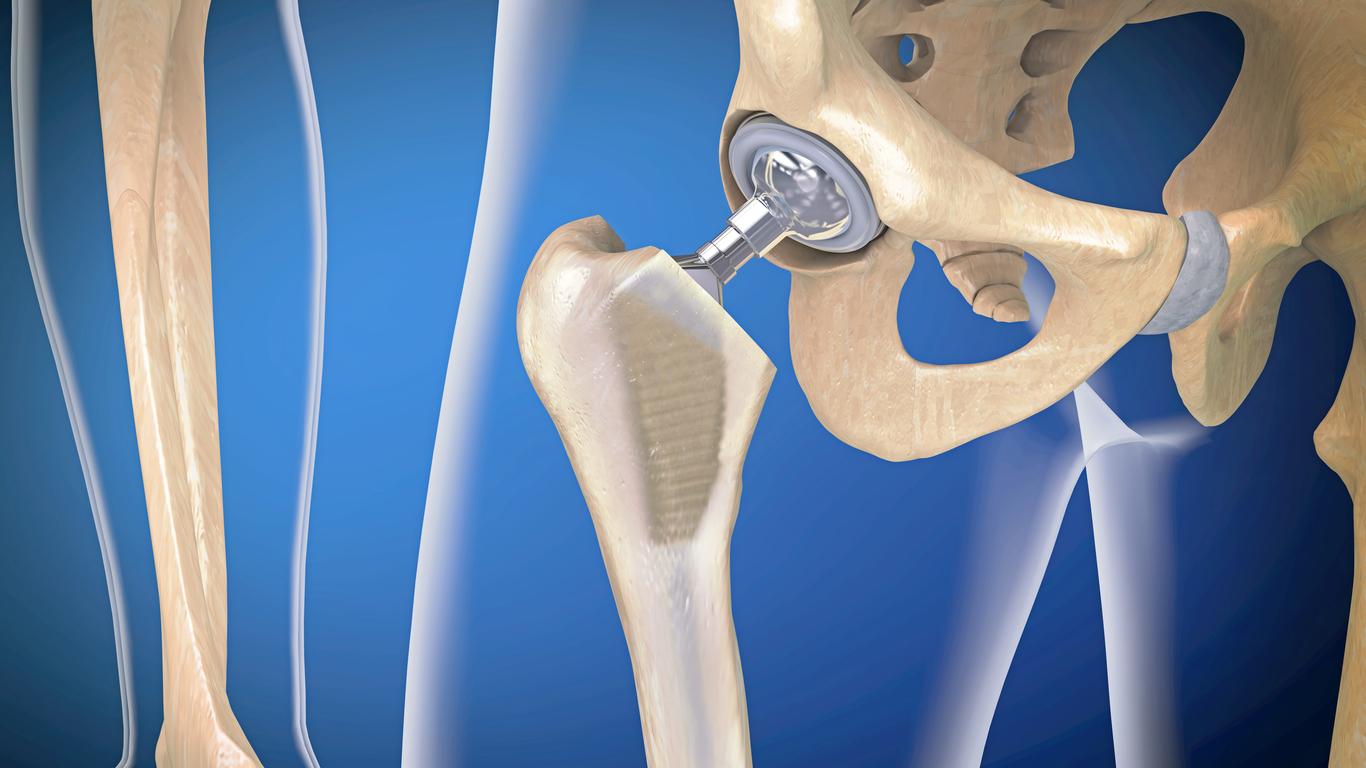After having raised this hypothesis, the director of the Medicines Agency excludes reserving specialists for the prescription of 3rd generation pills. But the terms could be reviewed.

The case of the 3rd and 4th generation pills takes a new turn. After the repeated announcements, the public authorities seem to want to calm things down today. It must be said that a climate of panic was beginning to win over women using oral contraception.
To “avoid” this crisis of confidence in contraceptives “, the director of the National Agency for the Safety of Medicines (Ansm) is stepping up to the plate. In an interview with the newspaper Le Monde, Dominique Maraninchi affirms that a “restriction of the prescription to specialists (…) is not desirable”. However, a week ago, the director of the Ansm had himself considered this hypothesis and immediately aroused waves of protest in the medical ranks.
No question therefore of calling into question the prescribers, but rather the mode of prescription. With the professionals, the health agency “examines the modalities for modifying the conditions of prescription and delivery of third-generation contraceptives”, confides Professor Maraninchi to the daily. “For example, we could combine them with information, preliminary examinations, etc.”, he explains.
There is also no question of suspending or withdrawing the new generation pills from the market. “So as not to deprive women who can benefit from it in second intention”, explains the director of the Ansm and not to “generate serious health disorders with far-reaching consequences in terms of unwanted pregnancies and abortions” .
Finally, the director of the Agency recognizes “that over time, consumption has gradually drifted, third and fourth generation contraceptives being too widely prescribed from the outset”. To restore order, he admits in the columns of the newspaper, “we must move to another dimension in information: prescribers, users and distributors”.
More than a year after the Mediator affair, this is a new lesson for the health authorities and the supervisory ministry.
.
















